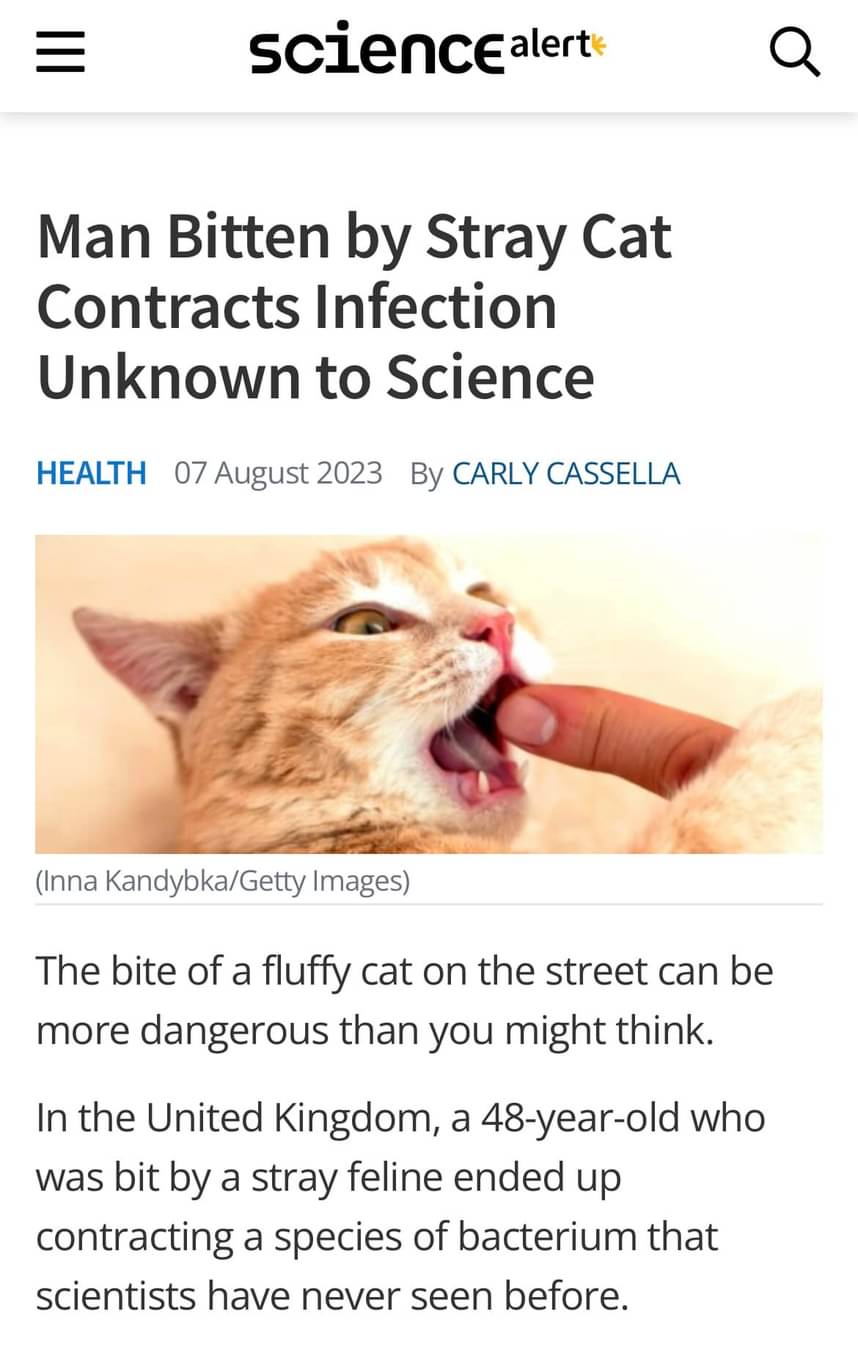this post was submitted on 01 Oct 2024
517 points (97.8% liked)
Science Memes
11068 readers
3223 users here now
Welcome to c/science_memes @ Mander.xyz!
A place for majestic STEMLORD peacocking, as well as memes about the realities of working in a lab.

Rules
- Don't throw mud. Behave like an intellectual and remember the human.
- Keep it rooted (on topic).
- No spam.
- Infographics welcome, get schooled.
This is a science community. We use the Dawkins definition of meme.
Research Committee
Other Mander Communities
Science and Research
Biology and Life Sciences
- [email protected]
- [email protected]
- [email protected]
- [email protected]
- [email protected]
- [email protected]
- [email protected]
- [email protected]
- [email protected]
- [email protected]
- [email protected]
- [email protected]
- [email protected]
- [email protected]
- [email protected]
- [email protected]
- [email protected]
- [email protected]
- [email protected]
- [email protected]
- [email protected]
- [email protected]
- [email protected]
- [email protected]
- !reptiles and [email protected]
Physical Sciences
- [email protected]
- [email protected]
- [email protected]
- [email protected]
- [email protected]
- [email protected]
- [email protected]
- [email protected]
- [email protected]
Humanities and Social Sciences
Practical and Applied Sciences
- !exercise-and [email protected]
- [email protected]
- !self [email protected]
- [email protected]
- [email protected]
- [email protected]
Memes
Miscellaneous
founded 2 years ago
MODERATORS
you are viewing a single comment's thread
view the rest of the comments
view the rest of the comments

Correct me if I’m wrong…. But isn’t finding a new bacteria rather common for people who look at bacteria?
It's new to me.
Yes.
For a long time identifying bacteria required growing them on different media. If then bacteria didn't grow on the media,, we didn't know what it was. However for most pathogenic bacterium we did figure out how to culture them.
Then molecular biology advanced to a level where we can amplify and sequence a single bacterium's DNA. This has led to a continuous stream of new species discoveries from different environments.
Finding a new pathogenic bacteria for humans is still a rare discovery.